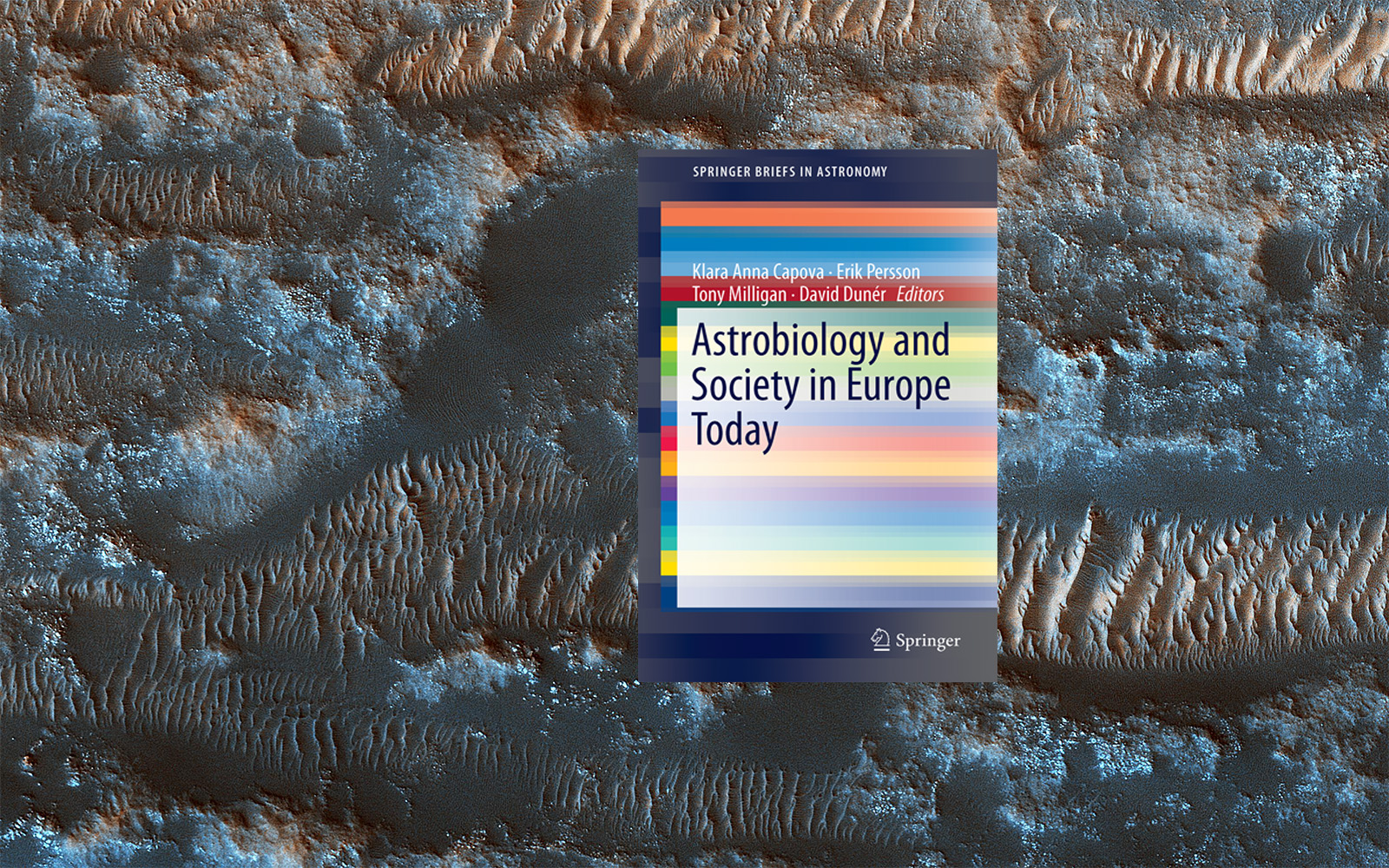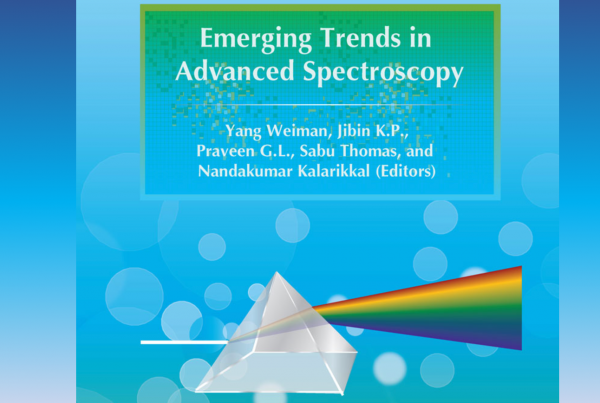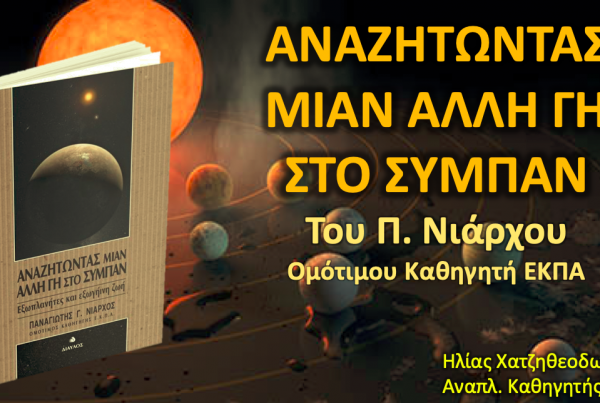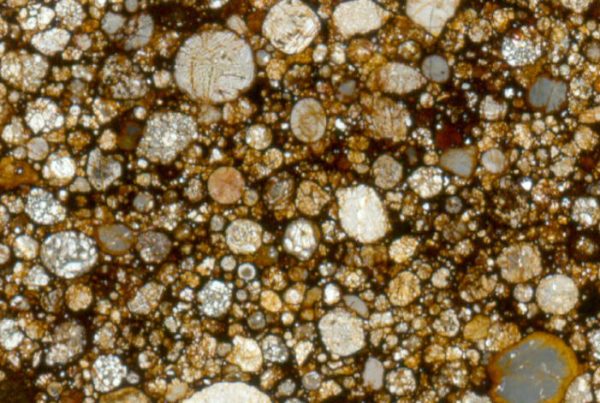This White Paper describes the state of Astrobiology in Europe today and its relation to European society at large. With contributions from authors in twenty countries and over thirty scientific institutions worldwide, the document illustrates the societal implications of astrobiology and the positive contribution that astrobiology can make to European society.
The White Paper has two main objectives:
- It recommends the establishment of a European Astrobiology Institute (EAI) as an answer to a series of challenges relating to astrobiology and also to European research, education and society at large.
- It acknowledges the societal implications of astrobiology, and thus the role of the social sciences and humanities in optimizing the positive contribution that astrobiology can make to the lives of the people of Europe and the challenges they face.
”Τhe document illustrates the societal implications of astrobiology and the positive contribution that astrobiology can make to European society.
Αstrobiology enjoys a great deal of interest among the public, probably more than most other fields of research. It also has implications for human life outside the laboratories and lecture halls. It has the potential of being a flagship of European cooperation in science. It provides an ideal ground for collaborative European projects which support the ethos of cooperating countries. Astrobiology is inherently interdisciplinary and based on collaboration between disciplines, universities and countries. For Europe to take a leading role in this research, it is very important to have a stable structure that can coordinate research, research infrastructure, funding and relations to the surrounding society in an efficient way. The establishment of a EAI, as a consortium of institutions, will provide the perfect forum for such collaborative efforts and should be a key priority for European research institutions as well as the European astrobiology community and the EU. To have an active astrobiology research programme, coordinated and fostered by such an institute, will enhance the international standards of European space research, and of European science in general.
”Αstrobiology enjoys a great deal of interest among the public, probably more than most other fields of research.
The EAI will be able to promote astrobiology research, assist in the decision-making processes of relevant European institutions, be involved in mission planning, engage in science dissemination, education and communication, as well as outreach and media work in a much more efficient way than individual research institutions. The EAI will act as a strong voice for the astrobiology community in dialogue with decision makers, funding agencies, the media, other stakeholders and the general public. It will be proactive in the debate on important legal and ethical issues in astrobiology and space research.
”The EAI will act as a strong voice for the astrobiology community.




